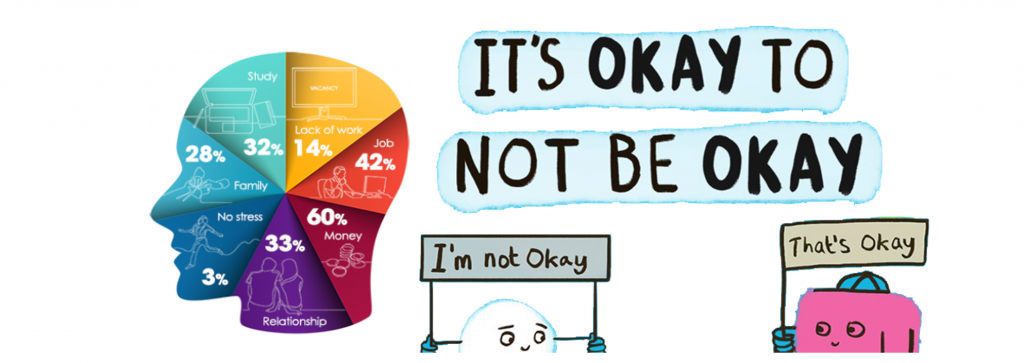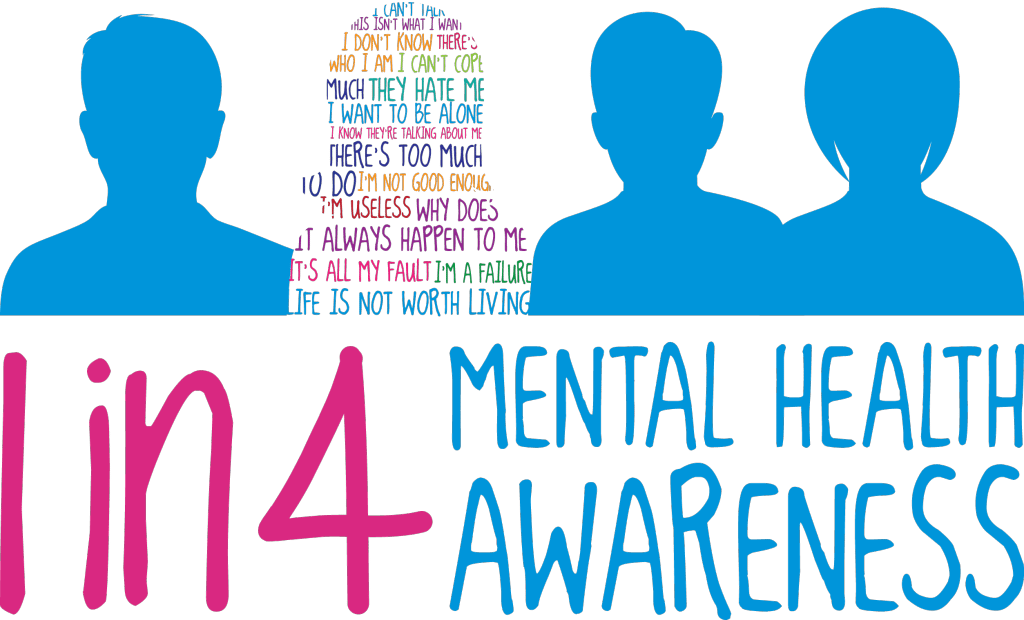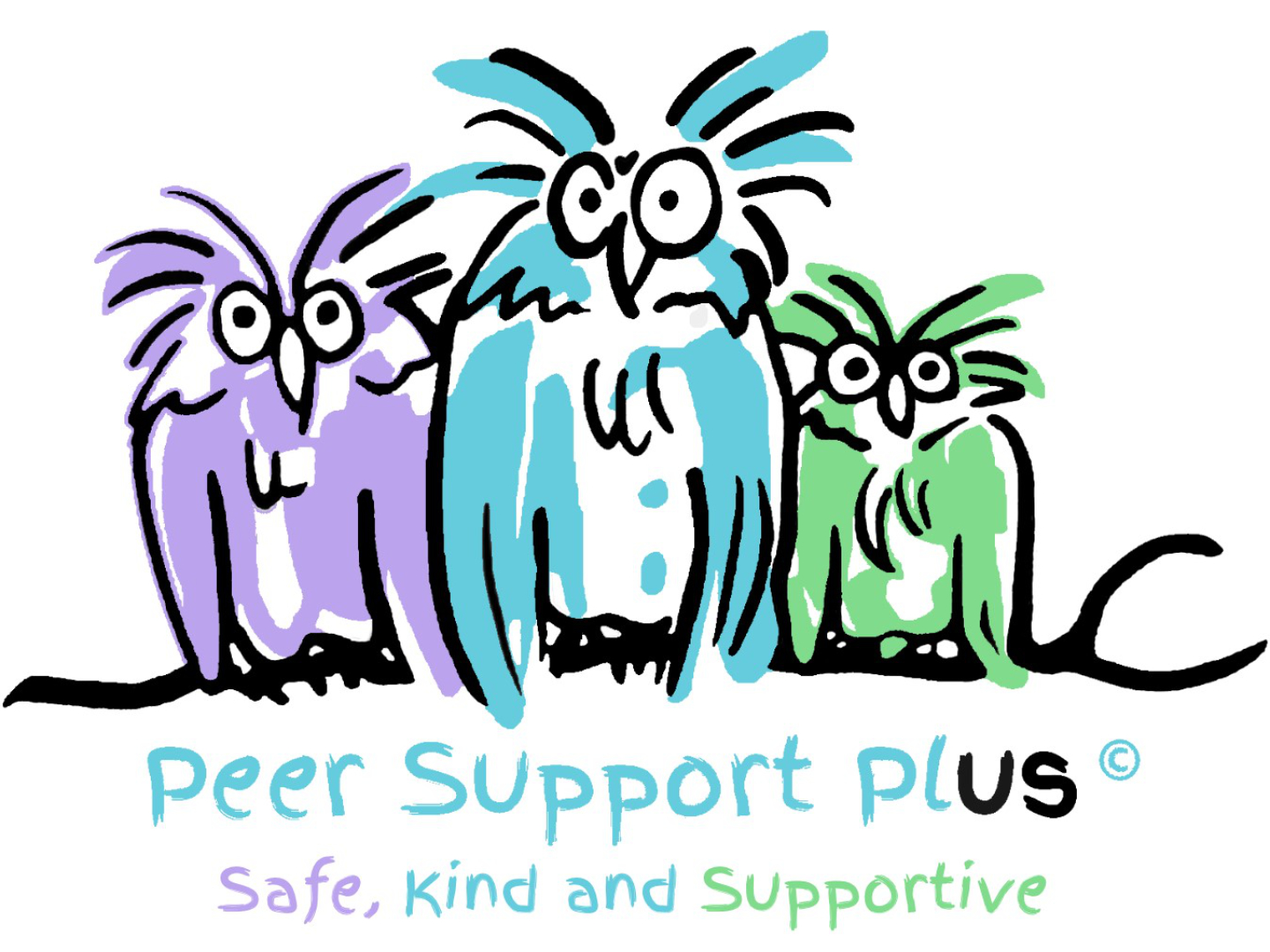How we can help you with mental health support in Leeds.
What do you need?
Is your life or someone else’s in immediate danger?
Call 999.
Is it less urgent than 999 but you need help or advice now?
Call 111.
Are you are looking for mental health support in Leeds for yourself, or are concerned about someone else?
A Mental Health Helpline [Freephone] 0800 183 0558 operates 24 hours a day to help all adults registered with a GP Practice in Leeds.
The local NHS funded Website MindWell Leeds has mental health information for everyone in Leeds. The national NHS website lists many Mental Health Charity Helplines that can provide expert advice and signpost you to their local services.
What we offer
If you are an adult in the Leeds Metropolitan District who wants to take more responsibility for learning to better manage your mental health then Peer Support can probably help.
We provide FREE, two-hour, weekly Peer Support groups where adults in Leeds can learn to better manage their mental health by listening and sharing their own lived experiences in a safe kind and supportive space. We offer both in-person and Zoom groups. Participation is open-ended so individuals can attend for as long as they feel the benefit. It’s okay to leave and its okay to come back.
Our trained Peer-facilitators are all volunteers with lived experience of managing their own mental health. All participants sign up to an agreed set of aspirations we call Guidelines for Behaviour – treating everyone kindly and non-judgementally, respecting confidences, keeping us all safe.
If you would like to learn from others and perhaps share your lived experiences with people who are not part of your everyday life, please Contact us.
It’s okay to not be okay.

Everyone has mental health, just as everyone has physical health. Health is not all good or all bad. Its not black or white but shades of grey.
More…
Most people know how to make their physical health a bit better, or a bit worse. As a child you probably learned something about nutrition; and how to recognise and actively manage things that affect your physical health. For examples you probably avoid things that damage you, like falling off a ladder, and do things that help your body, like avoiding infection, taking exercise and asking a Doctor to examine you when you notice something strange.
Relatively few of us know how to nurture our mental wellbeing. Its a life-skill we can and should learn, and practice every day. Like drinking water to stay hydrated.
Just as our bodies suffer everyday disease, malfunction and injury, our mental health can be deeply affected by the stress of everyday living. Mental health is not just about deeply distressing or disturbing experiences (traumas), or brain biology. Most difficulties arise from everyday life.
Providing a home and raising an adequate income to feed, clothe and keep you warm can be both physically and mentally demanding. Developing and maintaining effective relationships with a partner, family, friends and colleagues can be emotional and difficult, especially if they are struggling too.
Coping with disability, physical illness or injury and rehabilitation can be mentally tough. And what about parenting, caring, bereavement, education, unemployment, overwork, debt, sexuality, discrimination, relationship breakdown – the list goes on, and on.
It is possible to learn to notice and better manage things you do, or just happen in your life, that make your mental health worse, or better.
Relatively few of us even understand the language used to describe mental health, and why would we if we never talk about it? The words we use
For example, if you fear failing, or letting others down, or receiving bad news, especially when whatever may happen next isn’t under your control, you may experience anxiety.
If your own opinion about your ability to fill a valuable role in the world and live life well declines, you may experience low self-esteem.
It is usually a temporary feeling, that life has become too much to cope with and you struggle to do the ordinary things you usually do. But if this feeling persists, you may be experiencing depression.
Don’t despair. You are not alone. Seek help and as time passes you can and will feel better.
You are not alone.

In England, each year, 1 in 4 people will experience a mental health problem of some kind and in each week, 1 in 6 people will report experiencing a common mental health problem (like anxiety and depression). Source
More…
Despite high profile public campaigns, and celebrities speaking about their own mental health to help dispel stigma about mental health, many people still feel socially or culturally uncomfortable about seeking help.
Why not consider joining a Peer-facilitated Support Group, where you can meet in a safe, confidential, equal environment with people who are not part of your everyday life? There you can take time to give voice to your feelings and hear from your Peers’ lived experience of taking more responsibility for managing their mental health. Nobody will push you to say more than you feel comfortable with. You can take from these lived experiences whatever you choose to try out (or try to avoid) in your own life. Nobody will tell you what to do, or give you advice, or expect you to report back.
Participation is £ FREE so everyone can afford to join in. We operate at very low cost and rely on volunteers, small grants and donations. If you can afford to support us please Donate.
Peer Support Plus Group Work is not a one way street. By sharing your own feelings and lived experiences you will help others. It can be emotionally demanding and you will encounter difficult feelings. This is not a social activity, it can be hard work, but you will meet kind people, you will be heard and you won’t be judged.
You can self-refer to join one of out Support Groups. Just Contact us
Finally, Peer Support Plus Group Work really helped us succesfully manage our mental health. We volunteer because we know from our own lived experiences that Peer Support works for us and we want to make it more widely available to help all adults in Leeds better manage their own mental health.
Peer Support Plus Trustees
Want to know more? Please browse this website or Contact us for a friendly informal chat.
